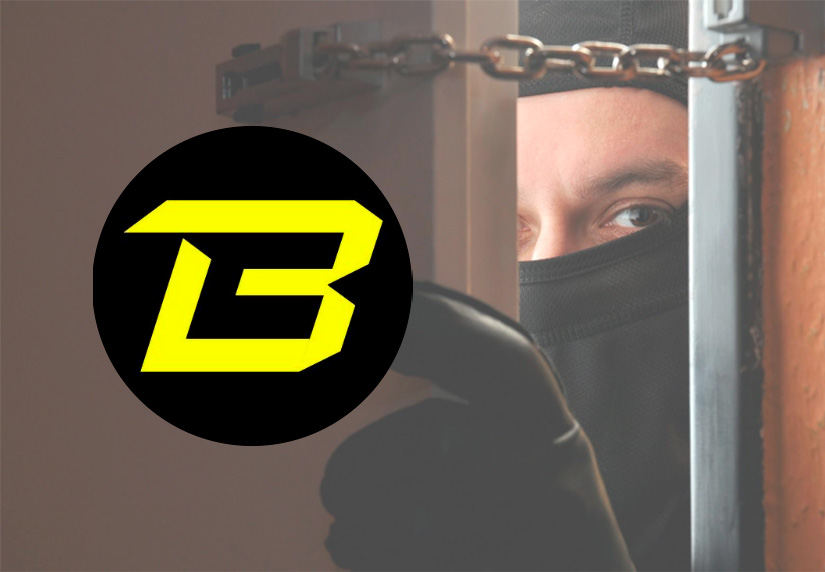TL;DR
- Blast, the Layer 2 solution from the same people behind Blur, has been accused of dishonestly forking Optimism’s open-source codebase.
- Despite criticism and previous controversies, Blast has managed to attract approximately $500 million in deposits.
- The incident underscores the importance of transparency and honesty in the open-source community.
Blast, a Layer 2 solution from the team behind the leading NFT marketplace, Blur, is once again in the spotlight for the wrong reasons. The company has been accused of dishonestly forking Optimism’s open-source codebase.
On January 31, the individual known by the pseudonym Pop Punk, who is the founder of Gaslite, shared comparative screenshots of the codebases for both Optimism and Blast. The comparison suggested that Blast made minimal changes to pass the code off as its own. “It’s not very cash money of you to fork Optimism’s code, add a typo, remove a function, and then change the license,” Pop Punk tweeted.
Hey @Blast_L2…
It's not very cash money of you to fork Optimism's code, add a typo, remove a function, and then change the license… pic.twitter.com/scmmt6deuh
— Pop Punk (@PopPunkOnChain) January 31, 2024
Pseudo, a researcher for Scroll, added that removing the license is one of the only things that you are not allowed to do with MIT. Blast has not publicly addressed the accusation. This dispute is after a prior incident involving Blast in November. At that time, Blast had initiated an airdrop campaign, pledging a “native” yield to users who transferred ETH and stablecoin into a deposit contract.
The project has been met with criticism due to its inability to deliver any code and its lack of security assurances beyond a three-of-five multisig account. Regardless of these issues, the project, known as Blast, has managed to draw in approximately $500 million in deposits within five days. Currently, it is reported to hold $1.34 billion in assets.
Blast’s Minimal Changes to Optimism’s Codebase Exposed

Coincidentally on the day of the allegation, Optimism declared its plan to move 30 million OP (equivalent to $87.3 million) from the Foundation’s general treasury wallets to a specialized wallet. This wallet is specifically for the allocation of funds for its third iteration of retroactive public goods funding (RetroPGF). These funds are utilized to provide retrospective support to projects that contribute to the growth of the Optimism ecosystem.
According to L2beat, Optimism’s OP Mainnet holds the position as the second-largest Layer 2 network, with a total locked value of $5.14 billion. The Blast controversy serves as a reminder of the importance of transparency and honesty in the open-source community. As the crypto space continues to evolve, projects must respect the work of others and adhere to the principles of open-source licensing.


